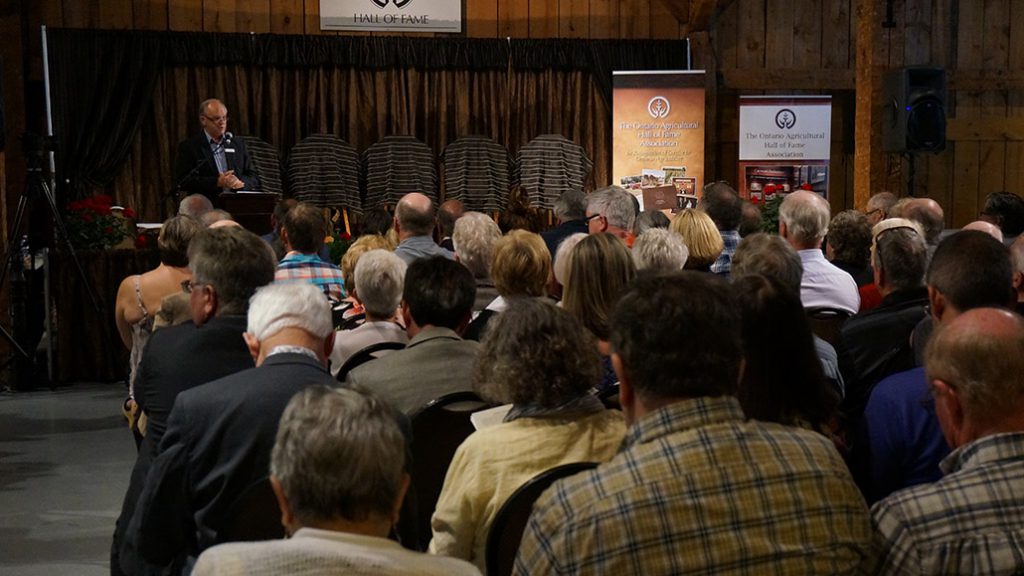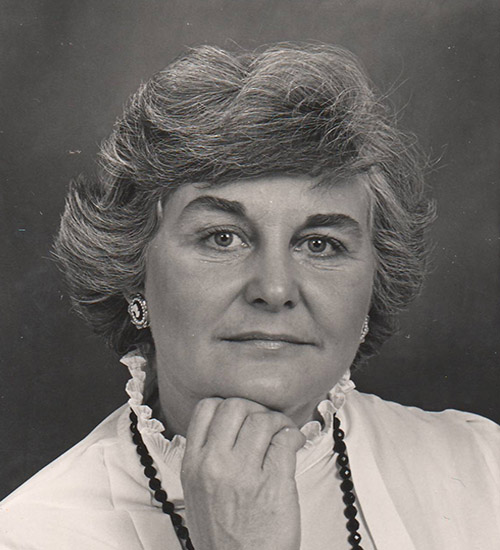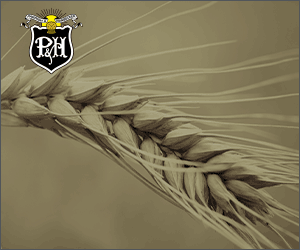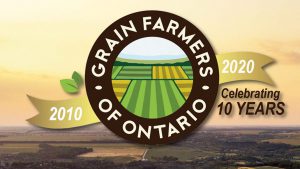Making room for women in agriculture
A PROFILE OF DIANNE HARKIN


DIANNE HARKIN WILL be the 18th woman inducted into the Ontario Agricultural Hall of Fame this year. And she has earned her place.
As a founding member of the Women for the Survival of Agriculture (WSA) organization in 1975, Harkin first set out to give farm women the credit they were due for their on-farm contributions and reverse popular opinion at a time when media, consumers, and politicians were openly critical of agriculture. Neither one of these were easy tasks.
“Women had never taken a stand in agriculture before – only men. And most of the time what they did was protest,” says Harkin. “So, we took our own approach, researching problems to find out what we could fix to make life on the farm easier and financially stable for everyone.”
Harkin and her late husband, Dan, started farming in Winchester, Ont. in 1970. “Wives weren’t recognized as business partners at the time,” notes Harkin. She and her husband shared similar frustrations and views about the necessity of equal roles on the farm. After hearing a woman from Michigan speak about similar issues at a local farm meeting, Dan encouraged his wife to write to the speaker. Harkin soon had a reply and a letter encouraging her to speak up for change in her farming community.
“At that time, you couldn’t say anything about how women were viewed or what our roles ought to be on the farm. We were told ‘you can’t change anything and that’s just the way it’s always been’. So, I said, ‘just watch me’.”
MAKING CHANGE
Harkin and the WSA took a new approach to lobbying for change on the farm. Female volunteers invested their own time and hired university students to research social and economic issues impacting family farms.
In 1980, the group was ready to share their results at the first National Farm Women’s conference held in Ottawa. The event brought together representatives from each province, government, and media. The research results were presented by Harkin and fellow representatives who tactfully illustrated that, when it came to legal documents, bank loans, income tax, and government pensions, farm wives were invisible.
“We made change happen when we released the results of our studies. But it wasn’t easy,” says Harkin, “A newspaper editor at the conference told me to ‘go home and back to the kitchen’.”
Despite the criticism, the National Farm Women’s conference got results that saw the amending of the Canadian Income Tax Act and the Canada Pension Plan to enable farm women to claim a salary for their work on-farm.
“For the first time, farm women were recognized as equal business partners. Women could draw a salary from the farm, use it for income tax purposes, and pay into the government pension. The tax changes meant income taxes were reduced on farms and women were eligible for CPP. Everyone benefited from these changes.”
CHALLENGING CONSUMERS
As changes were being made on farm and in bureaucratic offices, the WSA turned their attention to another threat facing family farms – the media.
“There was a lot of noise being made about the high cost of food in the 70s and 80s. A report by a food prices review board led people to believe farmers were ripping off consumers and being paid too much,” says Harkin.
So, the WSA followed their own proven example and set out to research the situation, surveying farms in eastern Ontario to determine the real cost of producing food. Armed with information, the WSA met with consumer groups, presenting the facts and debunking the myths and misinformation to cut the consumer criticism of farmers. Harkin says they put agriculture on the map and let consumers see where their food came from and demonstrated the importance of farmers.
“The media ate it up,” she says. “One newspaper said ‘farm women haven’t had this much attention since their honeymoons’.”
EDUCATION AND AWARENESS
The WSA is also known for its role in agricultural extension, and the development of winter courses for farm women at Kemptville College. Harkin notes that for years, farmers would attend seminars and courses during the winter months.
“The men would come home, talk about what they learned and return to the event the next day with more questions from their wives,” she says.
So, beginning in the 80s, Kemptville College hosted winter courses for farm women.
“We needed 15 participants to run the first program and we had 100 enroll,” reflects Harkin. “The next year even more women showed up and after that we saw courses like ours start up across the country as Ag Canada got on board and saw the value in these educational programs.”
In 1982, Harkin brought her passion for agriculture, education, and food appreciation together by organizing the first National AgriFood Week in Canada, with support of the Ontario Federation of Agriculture. The event, held in October 1982, was organized by Harkin from the desk of Eugene Whalen, Minister of Agriculture at the time.
“Minister Whalen was traveling that summer, so he offered me his office in Ottawa to coordinate the event.”
National AgriFood Week in Canada was a one-time success. A similar occasion was adopted in 1998 and is now known as Ontario Agriculture Week.
LEAVING A LEGACY
“Basically, we raised the social economic status for farm women,” says Harkin, reflecting on her work and achievements. Over the years, the WSA gained momentum and farm women across Canada organized their own groups to support each other and their livelihoods. Many of those organizations, including the WSA, merged into other groups as the women became more involved in local agricultural organizations. “Our job was done when we were made equal with men in our leadership and volunteer roles,” says Harkin.
Over the years, Harkin continued to volunteer with agricultural organizations and became a well-known spokesperson and commentator on agricultural issues.
“I always enjoy the opportunity to tell a farmer’s story,” she says. She even connected with the editor that insulted her when he told her to go back to the kitchen at her first conference. “He actually hired me to cover local politics as a rural correspondent for the Ottawa Citizen.”
Today, Harkin continues writing and promoting agriculture. She published a book in 2019, They Said We Couldn’t Do It – The Story of a Quiet Revolution, and is working on her next book on her agricultural adventures.
Ontario Agricultural Hall of Fame – Four new inductees in 2020
























